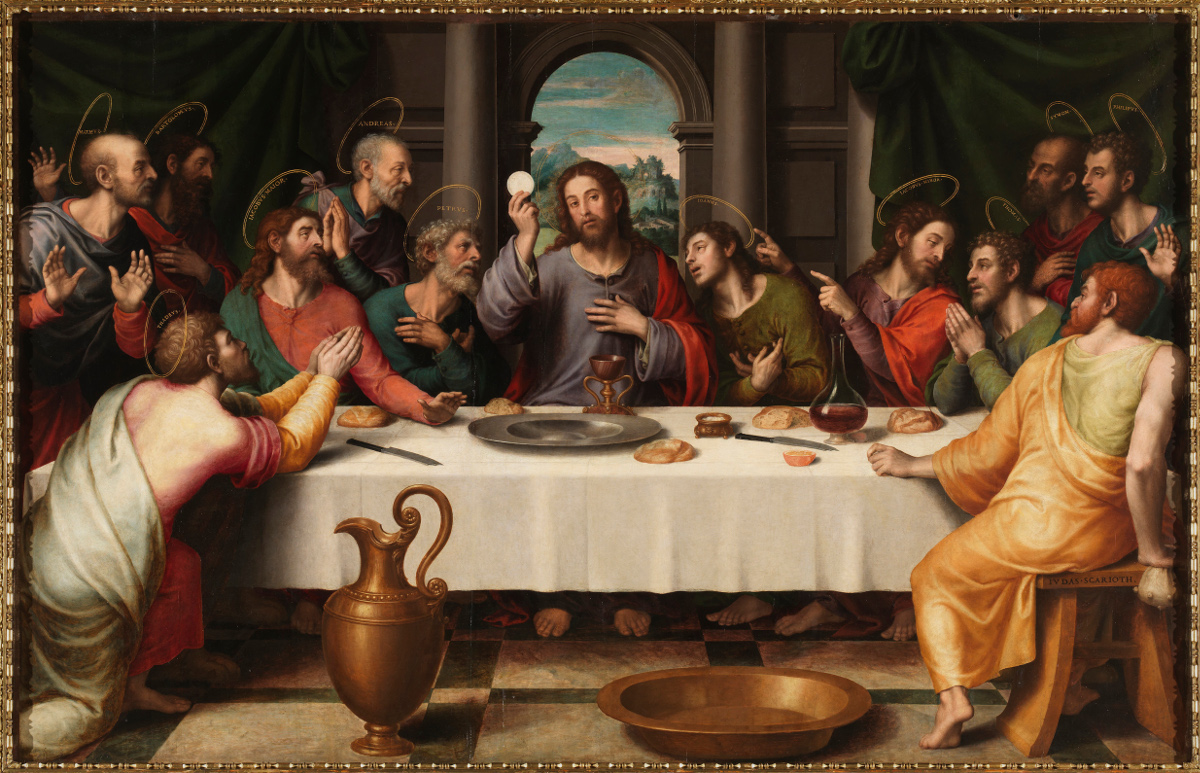Now after John was arrested, Jesus came to Galilee, proclaiming the good news of God, and saying, ‘The time is fulfilled, and the kingdom of God has come near; repent, and believe in the good news.’ As Jesus passed along the Sea of Galilee, he saw Simon and his brother Andrew casting a net into the lake—for they were fishermen. And Jesus said to them, ‘Follow me and I will make you fish for people.’ And immediately they left their nets and followed him. As he went a little farther, he saw James son of Zebedee and his brother John, who were in their boat mending the nets. Immediately he called them; and they left their father Zebedee in the boat with the hired men, and followed him. They went to Capernaum; and when the sabbath came, he entered the synagogue and taught. They were astounded at his teaching, for he taught them as one having authority, and not as the scribes. Just then there was in their synagogue a man with an unclean spirit, and he cried out, ‘What have you to do with us, Jesus of Nazareth? Have you come to destroy us? I know who you are, the Holy One of God.’ But Jesus rebuked him, saying, ‘Be silent, and come out of him!’ And the unclean spirit, throwing him into convulsions and crying with a loud voice, came out of him. They were all amazed, and they kept on asking one another, ‘What is this? A new teaching—with authority! He commands even the unclean spirits, and they obey him.’ At once his fame began to spread throughout the surrounding region of Galilee. (NRSV)
Mark doesn't waste any time and gets on with the story of Jesus' call to the first disciples and his first acts of teaching and casting out demons. The thing that stands out for me today is that the "unclean spirit" knows who Jesus is and it knows that Jesus has authority over it and will destroy it. Jesus doesn't waste any time and does just that. He casts out the unclean spirit from the man. This causes the man to convulse and cry out and the scriptures say that all were amazed. The crowd had not seen anything like Jesus. They had never seen anyone that had authority over unclean spirits. The word of his teaching spread fast.
To me, this makes me consider Jesus' ministry and actions a little closer. In Mark's gospel account, Jesus is very much "on the move" and goes about teaching and preaching where the people are, where the hurt is, where the demons are. As we are being taught to "fish for people," we should go out to where the people are, show them that they are loved by God, and help them cast out the demons in their lives that control them.
It is shocking to me how much the "modern church" doesn't look like a fellowship of Jesus' followers that is working to fish for people who need their love. It looks more like an institution or organization that mostly worships together. People constantly speak of the decline in the modern church and fail to see that the fish just need to be fed. In order to feed the fish, we need to go to them instead of expecting them to swim to us. I pray that we continue to become more of the body of Christ, reaching out to the world in love and reconciliation.














.jpg)


